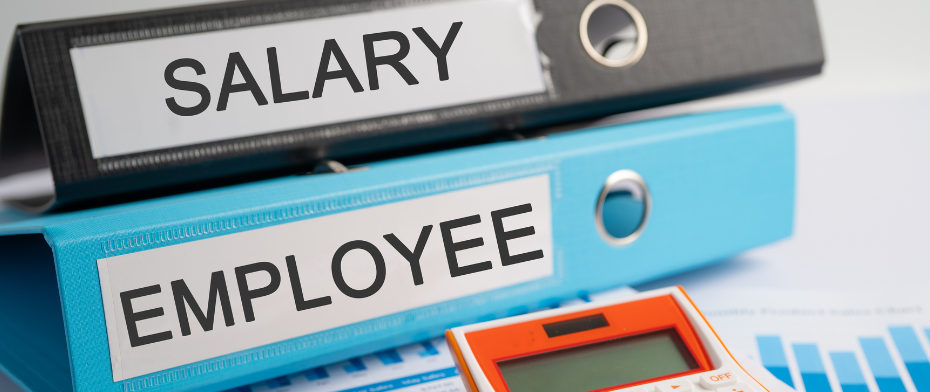Company directors – choosing between salary and dividends
- TBA

- Oct 25, 2024
- 3 min read
Updated: May 29, 2025
Recently, many people have asked us whether it’s more advantageous to take a salary or dividends as a company owner.
When running a company in the UK, as a director of a limited company (LTD), even though you own the company, legally, you and the company are separate entities. This means that you need to decide how to pay yourself.
There are two main options: taking a salary or dividends, which is a common dilemma for many business owners.
1. Taking a salary
As a company director, you are also an employee of the company and can receive employee remuneration. If you pay yourself a director’s salary, it means you will have a fixed income throughout the year, enjoy employee benefits, and be eligible to participate in a workplace pension scheme.
Additionally, when you need a loan, having a stable income will increase your chances of a successful application. However, the director’s salary is taxed at the source, with personal income tax deducted through the HMRC’s PAYE system.
Remember the ‘60% tax trap’ we’ve discussed before?
The higher your salary, the higher your tax rate. When your income exceeds £100,000, for every additional £2, your personal tax-free allowance is reduced by £1. This means you will pay more income tax, and both you and the company will need to pay National Insurance contributions (NICs), which increases your costs.
You need to pay 8% employee in NICs on your director’s salary. The company needs to pay 13.8% employer NICs on top of your director’s salary.

2. Taking dividends
Unlike taking a salary, many directors prefer to take dividends, mainly for tax-saving purposes. The income tax rate on dividends is lower than the income tax rate on salaries, reducing the tax burden. Additionally, NICs do not need to be paid on dividends.
8.75% (Basic Rate) — Income between £13,070 and £50,270
33.75% (Higher Rate) — Income between £50,271 and £125,140
39.35% (Additional Rate) — Income over £125,140
However, dividends are a portion of the company’s profits. This means if the company is not profitable, you cannot take dividends. Furthermore, dividends can only be paid from the company’s profits, so you must first pay corporation tax.
On the other hand, a director’s salary is a tax-deductible business expense, which helps reduce the company’s tax liability, but dividend income does not enjoy this benefit.

3. Choosing between the two
According to the current tax law, taxpayers can have some tax-free allowances to reduce the dividend tax they would otherwise need to pay: the personal allowance and the separate dividend allowance.
For the 2023/24 tax year, the tax-free personal allowance is £12,570. This allowance can only be used once in a tax year and applies to your total income, including any dividends. Therefore, if you received £10,000 in dividends and this was your only income for the year, you would not need to pay any tax.
The dividend allowance refers to the amount of dividend income you can earn tax-free in a year. It is separate from the personal allowance, and you can use both allowances simultaneously. Therefore, dividend income below the allowance thresholds is not subject to tax.
If a company decides to pay a salary to its directors, this amount will be considered a business expense and can be deducted from the company’s profits, thereby reducing the corporation tax owed. However, it is important to set an appropriate salary level to maximize the overall benefits of income tax and corporation tax.
Next time, we’ll take a deeper dive into how you should decide which strategy to use, in order to maximise your earnings in the most tax-efficient way.
For more personalised information, contact TB Accountants for a free one-to-one consultation.
For individuals and businesses looking for UK taxation services, use our contact form to get in touch for more information.
Get in touch with us at info@tbgroupuk.com or for a free one-to-one consultation.



